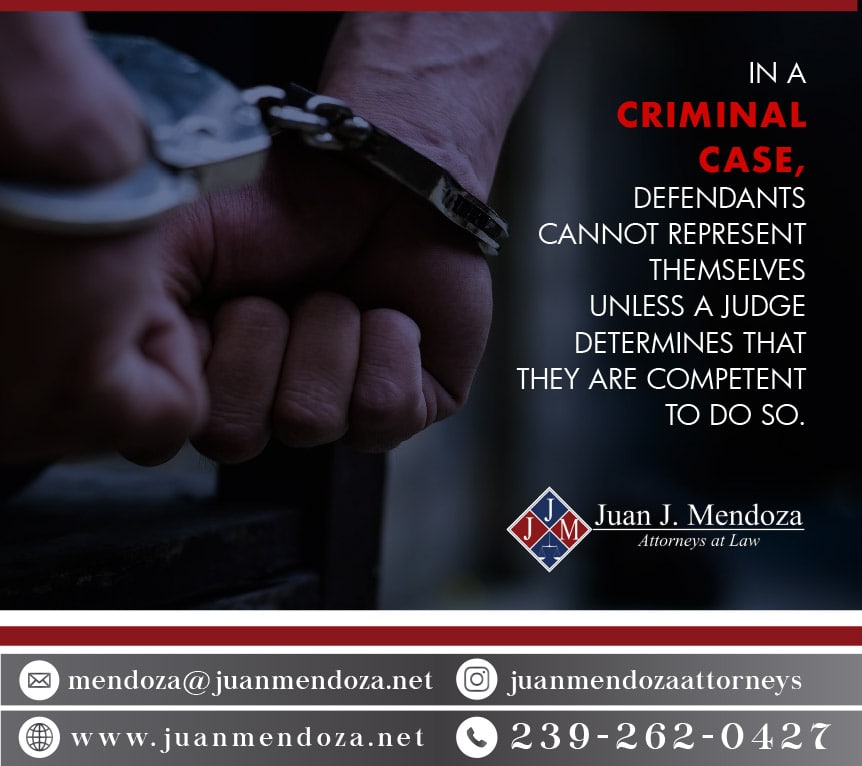Criminal Cases
Refers to a body of laws that apply to criminal acts. In instances where an individual fails to adhere to a particular criminal statute, her or she commits a criminal act by breaking the law.
Criminal Cases
vacio
Right to Pre-Trial Release:
An accused usually obtains pre-trial release immediately after his arrest. The person usually is taken before a judicial officer for a first appearance within twenty-four hours of his arrest. This requirement applies only to an accused who is still detained; an accused who has obtained pre-trial release is not afforded a first appearance.
A defendant has the right to bail in all cases not involving capital or life offenses. A person accused of a capital offense or an offense punishable by life imprisonment for which the proof of guilt is evident or the presumption great is not entitled to bail as a matter of right.
The court may deny bail when a person has been charged with committing a dangerous crime. The following offenses may be considered as “dangerous crimes:”
- Arson;
- Aggravated Assault;
- Aggravated Battery;
- Illegal use of explosives;
- Child abuse or aggravated child abuse;
- Abuse of an elderly person or disabled adult or aggravated abuse of an elderly person or disabled adult;
- Kidnapping;
- Homicide;
- Manslaughter;
- Sexual battery;
- Robbery;
- Carjacking;
- Lewd, lascivious or indecent assault or act upon or in presence of a child under the age of 16 years;
- Sexual activity with a child who is 12 years of age or older but less than 18 years of age, by or at solicitation of person in familial or custodial authorities;
- Burglary of a dwelling;
- Stalking and aggravated stalking;
- Act of domestic violence;
- Attempting or conspiring to commit any such crime;
- Home invasion robbery.
Speedy Trial:
The speedy trial rule requires that an accused person be given a trial within a pre-set speedy time. A person accused of a misdemeanor must be brought to trial within ninety days. A person charged with a felony must be tried within one hundred and seventy-five days.
Right to a Jury Trial:
A defendant does not have a right to a jury trial in traffic offenses. The exception is when the person is charged with a DUI offense. Twelve persons shall constitute a jury to try all capital cases, and six persons shall constitute a jury to try all other criminal cases.
If you are facing a Criminal Case, call for a consultation with Attorney Juan J. Mendoza.

Please contact our office with one of our attorneys

Practice Areas
Contac Us
Riverview Corporate Center
27299 Riverview Center Blvd.
Suite 102
Bonita Springs, Florida 34134
Tel.: (239) 262-0427
Fax: (239) 262-0710
email: [email protected]
